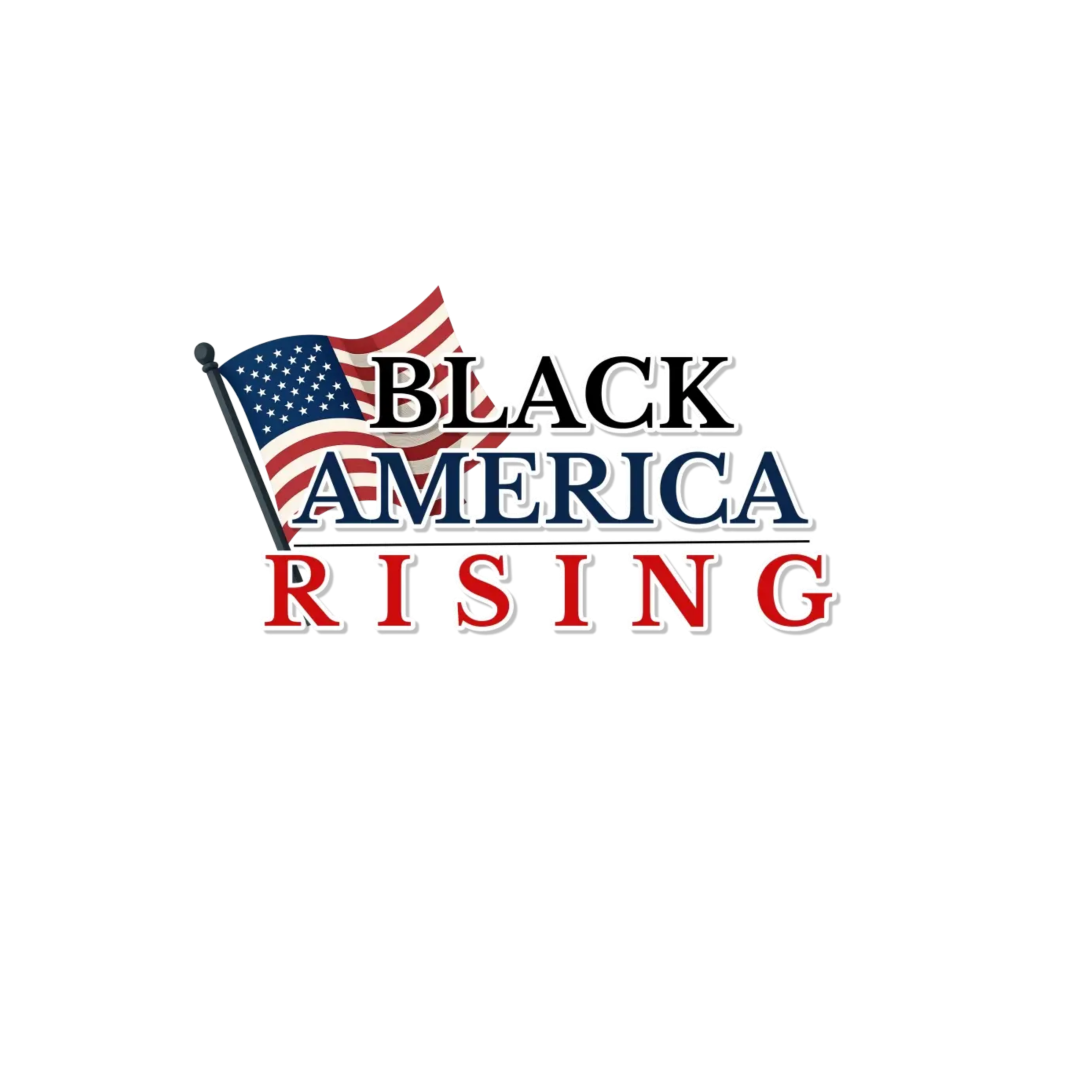Black America commands over $1.6 trillion in annual spending power. On paper, that would make us one of the largest economies in the world. Yet in reality, our communities remain poor, underdeveloped, and dependent. Why? Because the Black dollar leaves our neighborhoods within hours of being earned, enriching everyone but us.
The Black Dollar in Numbers
Studies show that a dollar circulates for nearly a month in Asian communities, close to 20 days in Jewish communities, and about 17 days in white communities. In Black America, that same dollar often leaves in less than 6 hours. That means the money we work hard for immediately flows to corporations, luxury brands, fast food chains, and businesses that do not reinvest in us.
Consumer Traps
We’ve been trained to consume rather than produce. Advertising, entertainment, and cultural messaging tell us to spend, flex, and celebrate consumption as success. Meanwhile, we own little — few banks, few land developments, and not enough businesses to capture the money we pour into the economy.
What Tulsa Taught Us
Tulsa’s Greenwood District — better known as Black Wall Street — was not an accident. It was a deliberate strategy of ownership, group economics, and reinvestment. Black businesses thrived because dollars circulated inside the community, building banks, hospitals, and schools. Its destruction was violent, but the lesson remains: when we build institutions that serve us, we thrive.
Building New Institutions
If we want a future of sovereignty, we cannot rely on outside systems to feed us. We must:
- Create Community Banks and Credit Unions – Keep capital in our neighborhoods.
- Support Black-Owned Businesses – Buy from ourselves first.
- Invest in Land and Property – Wealth is built on ownership, not consumption.
- Cooperative Economics – Pool resources for bigger impact, from housing to healthcare.
The Sovereignty of Economics
Every election cycle, we’re told that politics will save us. But politics without economics is powerless. Until we learn to build, circulate, and protect wealth, we will remain consumers in someone else’s economy.
If Black America is to rise, it won’t be because of slogans or symbolic victories. It will be because we learned the lesson of the Black dollar: stop the exodus, start the circulation, and build wealth that lasts for generations.




